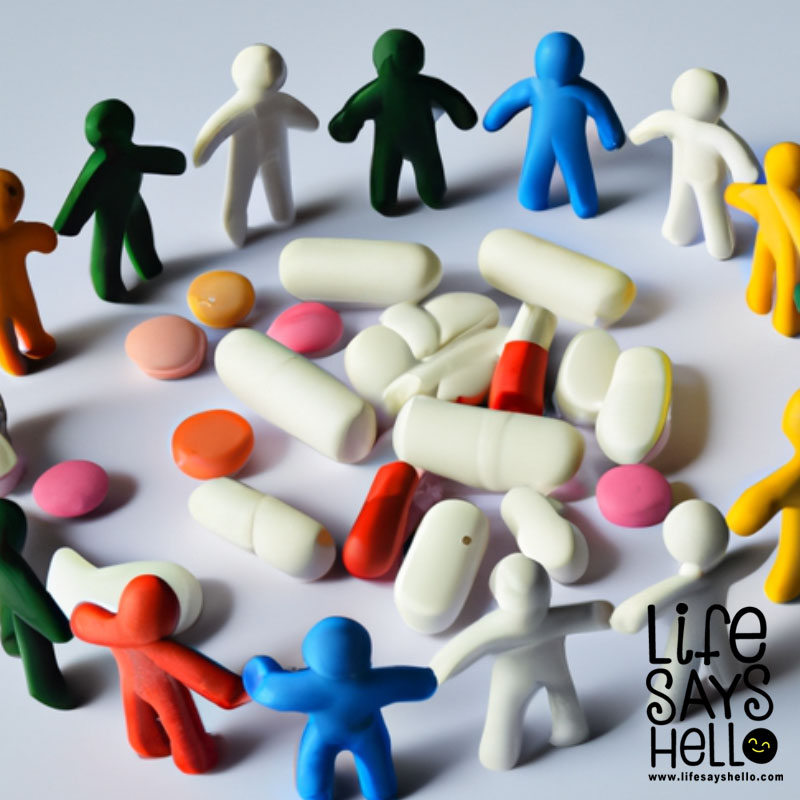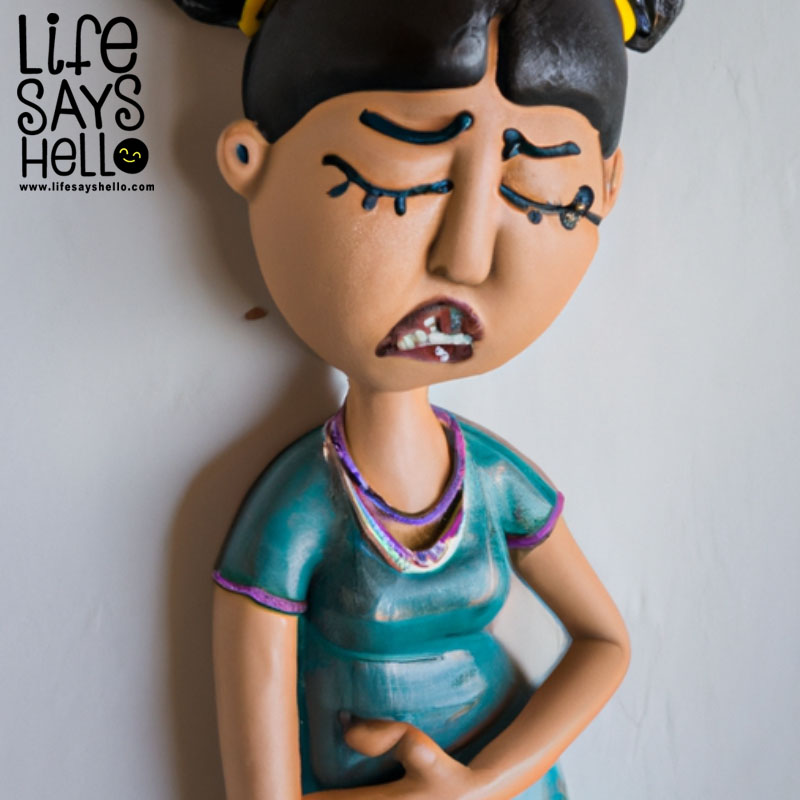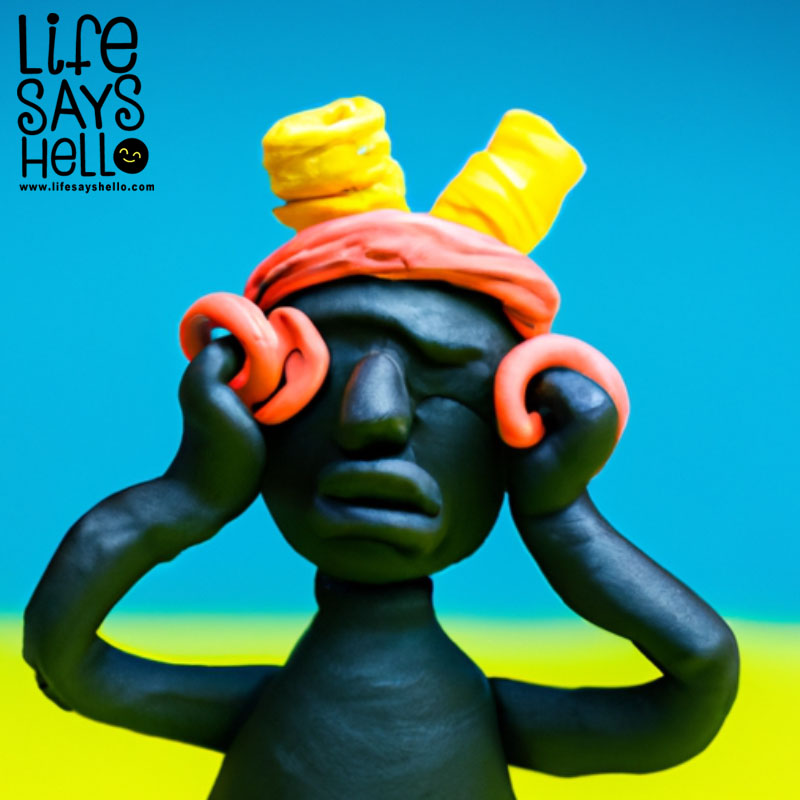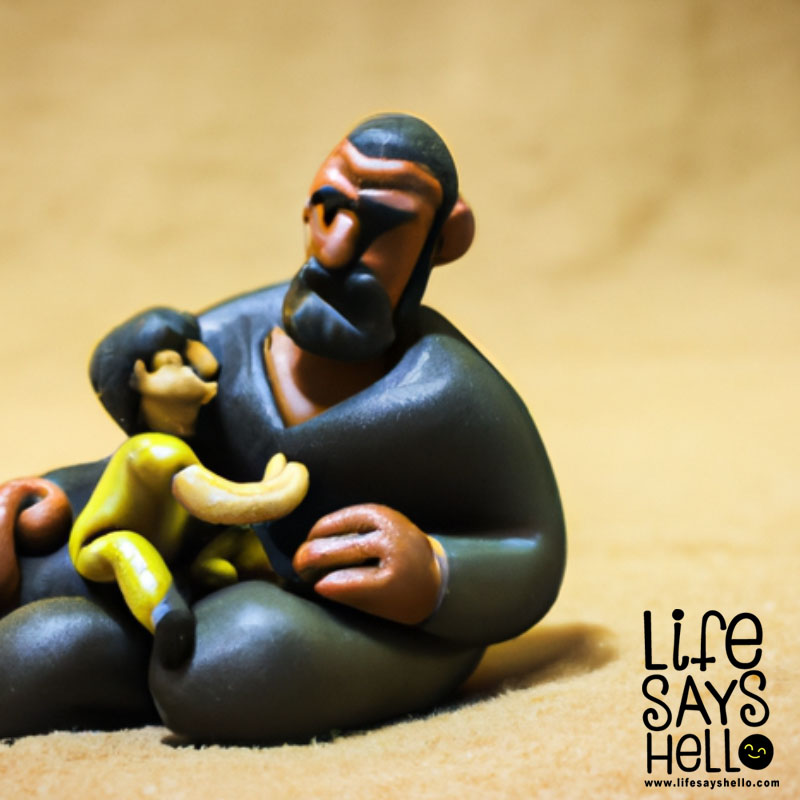Is Constipation an Early Sign of Pregnancy?

Constipation. It’s not something anyone likes to talk about. But if you’ve ever been pregnant, you know it’s one of the not-so-fun parts of those 9 months leading up to birth. Up to 40% of pregnant moms-to-be have to deal with it, especially in the first trimester.
So what’s the deal with constipation when you’re expecting? Is it actually an early sign that you have a bun in the oven before you even miss your period? Let’s break it down.
Why Pregnancy Makes You All Backed Up
That bloated, gassy, “haven’t gone in days” feeling is no fun. But there are a few reasons creating a human can turn your digestive system out of whack.
Hormones - Just like they do everything else pregnancy related, your hormones are to blame. Higher levels of the hormone progesterone relax all your smooth muscles - including your intestinal muscles. This means food moves more slowly through your system, leaving you feeling stopped up.
Supplements - Your OB will likely have you taking a prenatal vitamin with iron. Iron is important for you and baby, but it’s also known for binding you up.
Uterus - Your growing womb doesn’t leave a lot of room for your other organs. As it expands, it can put pressure on your rectum and make it harder to go.
Dehydration - If morning sickness has you avoiding fluids, drink up! Staying hydrated keeps things moving through your system.
So in summary - hormones, supplements, baby bump, and not enough liquids are the perfect recipe for pregnancy constipation.
Is Constipation an Early Sign You’re Pregnant?
Constipation can be one of the very first signs of pregnancy, even before a missed period. But it’s not a definitive indicator on its own.
Some other common symptoms in early pregnancy that may occur along with constipation:
- Fatigue and sleepiness
- Tender, swollen breasts
- Nausea
- Food aversions and cravings
- Mood swings
- Headaches
- Dizziness
- Bloating
Every woman’s pregnancy is different. While a few may have constipation as an early clue, others won’t experience it until later. Some lucky ladies escape it altogether!
If you’re trying to conceive and suddenly feel like you can’t go, constipation combined with other symptoms may signal pregnancy. But you’ll want to take a test to know for sure!
Making it Easier to Go When You’re Expecting
So you got that positive pregnancy test. Congrats mama! Now it’s time to deal with the not-so-fun stuff like constipation. Here are some tips to get things moving again:
Hydrate, hydrate, hydrate! Water, fruit juices, smoothies, decaf tea - keep sipping throughout the day. Your body (and your bowels) will thank you.
Eat more fiber. Fruits, veggies, whole grains, beans, lentils, nuts and seeds will keep your system regular. Prunes and bran cereal are old standbys too.
Move your booty. Exercise helps get things moving internally too. Aim for 30 minutes of walking or prenatal yoga each day.
Ask your doc about laxatives. They’ll know which over-the-counter meds are pregnancy safe for occasional use. Stool softeners are usually your best bet.
Squat, don’t strain. Put a small stool under your feet when you go, widening your hips. Lean forward to take pressure off your rectum. Relax and give yourself time rather than pushing hard.
Consider probiotics. Ask your OB if probiotic supplements may help promote regularity. Fermented foods like yogurt, kefir and kimchi contain probiotics too.
Get checked for iron deficiency. Anemia can also cause constipation, so make sure you’re getting enough iron and your levels checked.
Limit binding foods. Too much cheese, meat or processed foods can worsen constipation. Stick to a high fiber diet with plenty of fluids.
When to Call Your Doctor About Pregnancy Constipation
Occasional constipation is normal during pregnancy, but make sure to let your provider know if:
You haven’t had a bowel movement in 3 or more days
You have severe abdominal pain or vomiting
You see blood in the stool
Constipation lasts longer than 2 weeks
Severe or persistent constipation may be a sign of:
A bowel obstruction - rare but serious if not treated
Hypothyroidism - low thyroid function
Iron deficiency anemia - low iron can cause constipation
Gestational diabetes - high blood sugar levels
Irritable bowel syndrome (IBS)
Depression or anxiety
Don’t hesitate to speak up! There are medications and treatments available if lifestyle remedies aren’t getting the job done. Proper treatment will help ensure both you and baby stay healthy.
When Constipation Means Something More Serious
In very rare cases, pregnancy constipation can be a sign of a more worrisome issue. Contact your OB’s office immediately if you have:
Severe or worsening pain
Rectal bleeding
No bowel movement AND vomiting
A high fever
Contractions
These symptoms can indicate:
Bowel obstruction - Twisting or blockage of the intestines. Requires hospital treatment.
Rectal prolapse - Rectum protruding from the anus from straining. May require surgery.
Preterm labor - Contractions and dilating cervix before 37 weeks. Call your OB right away.
Preeclampsia - Dangerous spike in blood pressure with organ damage. Emergency C-section may be needed.
Again, these serious causes are very rare. But it’s always better to be safe and get checked out if anything concerns you.
Constipation After Birth - Back to Normal?
You made it through pregnancy and childbirth! But will your digestive system ever be the same?
Many new moms find they still deal with constipation after giving birth. Postpartum hormones, pain meds, dehydration from nursing, and lack of sleep can all cause problems going.
The good news is your bowel function should gradually return to normal in the months after delivery. Make sure to:
Drink plenty of water
Eat high fiber foods
Stay active
Consider a fiber supplement or stool softener if needed
If you had a C-section, pain and fear of straining may worsen constipation. Supporting your incision with a pillow when going can help. Let your doctor know if problems persist longer than 2-3 weeks.
The Takeaway on Pregnancy and Constipation
So in summary, feeling “clogged up” is common during those 9 months of baby bliss. Constipation combined with other symptoms may be an early clue you’re expecting before a positive test.
While annoying, pregnancy constipation is manageable with a high fiber diet, fluids, exercise and the occasional laxative. Stay in touch with your OB if it becomes severe or persists longer than 2 weeks.
With a little TLC for your digestive system, you’ll be back to your regular self in no time. Focus on the joy ahead and try not to stress about the poop! You’ve got a baby on the way after all.




Comments